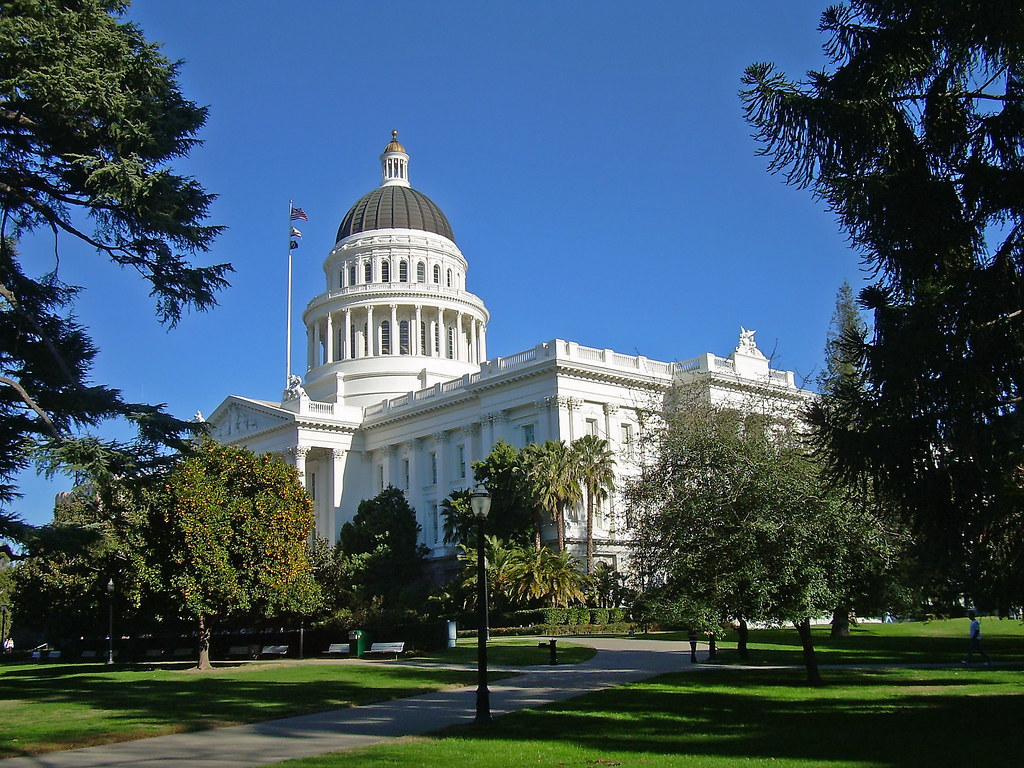California
These SoCal Clean Air Rules are Being Smeared
Legitimate affordability concerns are being weaponized by the gas lobby and its supporters ahead of an important SCAQMD vote to encourage cleaner appliances.
After years of rule development, Southern California air quality regulators are set to vote tomorrow on a pair of proposals that would reduce harmful pollution from gas furnaces and water heaters. A coordinated campaign by opponents including SoCalGas is painting these relatively moderate rules as a “ban” on gas appliances and an attack on middle-class …
Continue reading “These SoCal Clean Air Rules are Being Smeared”
CONTINUE READINGSupply-Side Regulations & Clean Vehicles
As Congress votes to undermine California’s sovereignty to set supply-side standards on polluting vehicles, CLEE’s research shows why these policies are so effective
In May 2025, both the U.S. House and Senate passed resolutions to revoke California’s Clean Air Act waivers, which allow the state to enforce stricter vehicle emissions rules than federal standards (see Ann Carlson’s post on this issue). If signed by the President—and if successful in the face of court challenges to their dubious legality—these …
Continue reading “Supply-Side Regulations & Clean Vehicles”
CONTINUE READINGClimate Lawsuits Now a Matter of Life and Death
The Drain is a weekly roundup of environmental and climate news from Legal Planet.
What a week for watchers of climate litigation. Big new filings, claims of death and destruction, a landmark ruling, and a juicy hearing all in the span of 36 hours. First, there was what the New York Times described as “the first wrongful death lawsuit” to be brought against oil and gas companies over claims …
Continue reading “Climate Lawsuits Now a Matter of Life and Death”
CONTINUE READINGCould Zero-Emission Hydrogen Help Reduce Aviation Emissions in California?
State’s federally funded hydrogen hub releases aviation whitepaper co-led by CLEE.
Few industries face as complex a challenge in decarbonizing as aviation. While great for decarbonizing on-road transportation, batteries are generally too heavy to power long-distance flights. Low-carbon biofuels blended into fossil jet fuel represent only a partial solution, due to lack of feedstocks and blend limits. Zero-emission hydrogen could represent a solution, either as an …
Continue reading “Could Zero-Emission Hydrogen Help Reduce Aviation Emissions in California?”
CONTINUE READINGGas Price Politics and Desperate Moderates
The Drain is a weekly roundup of environmental and climate news from Legal Planet.
In 18 years of working in newsrooms around Los Angeles, I talked with lots of political campaigns — but a phone call from Antonio Villaraigosa in spring of 2018 stands out. I was at my desk in the cramped newsroom of KCRW, sitting in between All Things Considered host Steve Chiotakis and producer Ben Gottlieb, …
Continue reading “Gas Price Politics and Desperate Moderates”
CONTINUE READINGThe CEQA Poison Pill In SB 607
Weakening the statewide standard of review benefits polluting facilities
For California to meet its climate goals and bring down prices on basic needs like housing, transportation and energy, it will need to dramatically increase infill housing, transit and clean energy facilities, among other projects. Part of achieving that goal involves reforming how environmental review under the California Environmental Quality Act (CEQA) can counter-productively slow …
Continue reading “The CEQA Poison Pill In SB 607”
CONTINUE READINGWe need integrated funding to scale up multibenefit projects
by Marie Grimm, Anna Serra-Llobet, Molly Bruce, and Michael Kiparsky
Climate and ecological challenges are fundamentally linked, demanding solutions that address both environmental and social issues. Multibenefit projects–like levee realignments that reconnect floodplains–can combine climate adaptation, water management and ecosystem restoration efforts. However, most funding programs focus on single-purpose projects, making it difficult to support multibenefit solutions. Our new article studies the Pajaro River flood …
Continue reading “We need integrated funding to scale up multibenefit projects”
CONTINUE READINGThe Problem is Not Brazil. The Problem is COP
The Drain is a weekly roundup of climate and environmental news from Legal Planet.
“Crazy.” That’s how one young Brazilian described what’s happening in Belém to get ready for COP30, the annual UN climate negotiations which will take place in the Amazon this November. We struck up a brief conversation while I was visiting the Museu Afro Brasil in São Paulo, a museum that chronicles the history and culture …
Continue reading “The Problem is Not Brazil. The Problem is COP”
CONTINUE READINGWhy You Should Care That Congress Might Use the CRA to Overturn California Waivers
Here are at least six reasons.
For the first time ever, the U.S. Senate may vote this week to revoke California’s authority under the Clean Air Act to cut pollution from cars and trucks. The Senate vote is on a resolution to use the Congressional Review Act to overturn three separate waivers EPA granted California to cut pollutants from cars and …
CONTINUE READINGIs Brazil Ready for COP30? No One Is Ready for COP30
The Drain is a weekly roundup of climate and environmental news from Legal Planet.
It’s officially less than 6 months until COP30 — when tens of thousands of people will descend on the Brazilian city of Belém for the annual UN climate conference — and no one is ready. For one thing, Belém is an impoverished city of 2.5 million that can’t build enough hotels for the 50,000 expected delegates …
Continue reading “Is Brazil Ready for COP30? No One Is Ready for COP30”
CONTINUE READING








